Impact Evaluation of Psychosocial Support in South Sudan
Psychosocial Support (PSS) interventions have a significant positive impact on students’ well-being and academic performance in areas of conflict and crisis. Results from a LASER PULSE-funded evaluation on Psychosocial Support in South Sudan show enhanced student reading scores and social well-being among students who received interventions. Common PSS interventions include activities focused on play, learning, and well-being, as well as the use of child-friendly spaces.
UNICEF estimates over 2.2 million South Sudanese children, the equivalent of nearly one-third of the country’s primary school-aged population, are out of school, making South Sudan one of the countries with the largest number of out-of-school children in the world. Challenges in accessing quality education for children and youth that existed prior to South Sudan’s independence have only been exacerbated by outbreaks of violence in 2013 and 2016, resulting in displacement, low school enrollment, and an increase in dropouts.
Schools serve as a function in developing social cohesion in conflict-afflicted communities. Among the urgent needs for support in basic skills such as literacy and numeracy, students in South Sudan also require assistance in dealing with the psychological and emotional stress of conflict, which can include witnessing violence, fleeing their homes, or living in difficult conditions in camps. In response, over 560,000 South Sudanese students since 2015 have received psychosocial support through Integrated Essential Emergency Education Services (IEEES), implemented by UNICEF and local partners with support from USAID.
Evaluating the Impact of PSS in South Sudan
A team from Indiana University, Purdue University, Notre Dame, Makerere University, and Catholic Relief Services, in addition to a local research team in South Sudan, conducted an impact evaluation of PSS interventions within the IEEES program on grades 3-6. The evaluation sought to understand the impact of PSS on academic performance, student social and emotional well-being, and coping skills, in addition to context on implementation of the intervention in five key states.
Despite significant challenges undertaking research in a conflict zone, the team used a mixed methods approach including surveys at 60 schools, modifying and conducting Early Grades Mathematics and Reading Assessments, and implementing case studies of five sites.
The study identified meaningful gains in both student well-being and academic performance that suggest the effectiveness of inclusion of PSS in the IEEES activity. In addition to improvements in reading and well-being, the study also found perceptions of better relationships, academic performance, attendance, classroom efficacy, and peacebuilding skills as a result of PSS.
The project is a pioneer for impact evaluations on Psychosocial Support in conflict environments and findings support the inclusion of Psychosocial Support interventions within education programming in conflict-affected settings.
“Peace in community is brought about by such children because if children play together, even if elders do not understand themselves, children’s togetherness can bridge differences”
PSS is a Critical Component in Conjunction with Other Interventions
The evaluation solely focused on the impact of the Psychosocial Support interventions as one component of the overall IEEES project. Informants identified the interplay between a variety of supports in creating a secure and stable environment for children. Outcomes for students are not solely attributable to PSS and PSS is more effective in conjunction with other interventions that provide for basic needs such as nutrition, clean water, and a safe environment. This intervention integration requires extensive donor coordination to be most effective.
A Collaborative Research Process
A key implication for research translation is the collaborative process the study team established, which incorporated input and feedback from key stakeholders from the beginning of the project. The team engaged UNICEF and USAID in the initial design process of the evaluation. When selecting locations for the study, the team sought inputs from the USAID Mission in South Sudan, UNICEF, and local implementing partners. Additionally, local implementing partners were engaged throughout the project as interviews for case studies and to provide local access. During dissemination, the team actively engaged stakeholders to discuss and provide input toward interpreting findings.
Impact and Use
Findings from this impact evaluation have been disseminated to USAID, UNICEF, UNICEF implementing partners, and the South Sudan Ministry of Education, Science, and Technology through a series of workshops to inform future programming. Notably, USAID’s South Sudan Education Sector has used findings to inform new education activity designs that incorporate psychosocial and social-emotional skill development in addition to learning literacy and numeracy. UNICEF and Education Cluster Implementing Partners are incorporating PSS into teacher training curricula and including PSS sessions in math and reading activities within schools and in community child-friendly spaces. UNICEF is also initiating a Training of Trainers on PSS across South Sudan by Education Cluster partners in coordination with the Ministry of General Education and Instruction.
Future Considerations for Math, Resilience, and Coping
While the evaluation provides strong evidence toward including Psychosocial Support interventions in education programming, a few indicators showed unclear or negative impacts. Aggregate math scores, for instance, had significant negative differences in scores on word problems, level two subtraction, and level one addition. This signifies that further research would be required on the link between math scores and Psychosocial Support. The study also found no significant difference in resilience and coping between treatment and control school students.

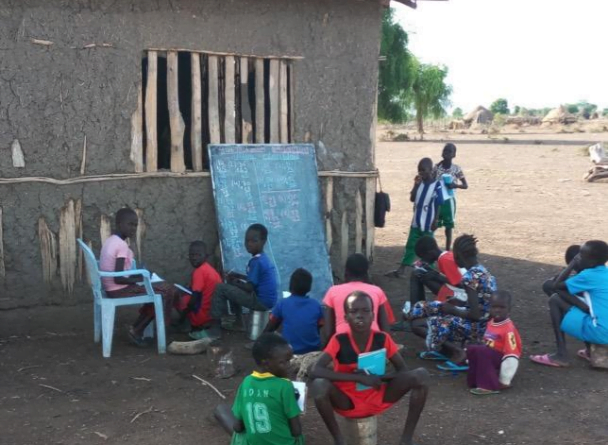
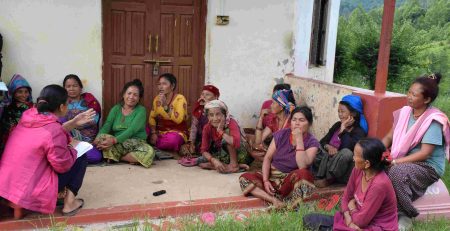
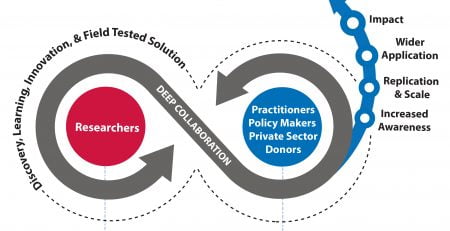
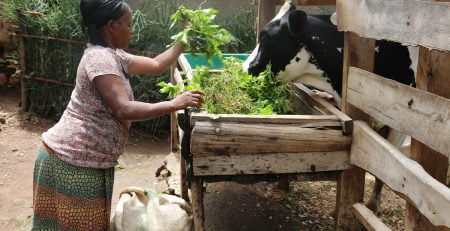
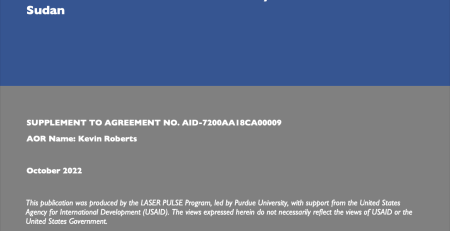
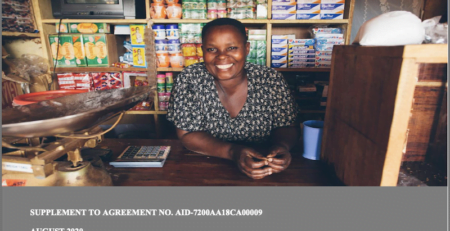
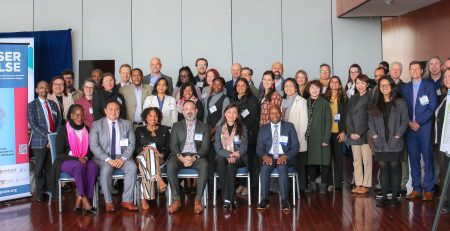


Leave a Reply
You must be logged in to post a comment.